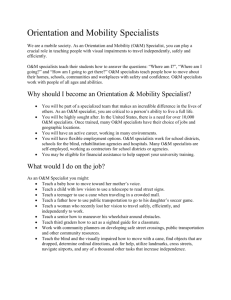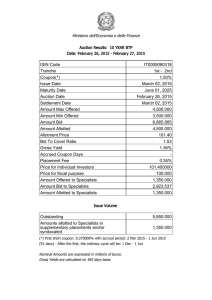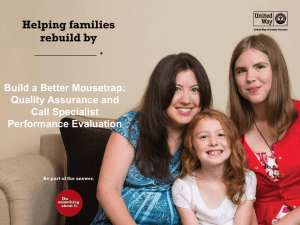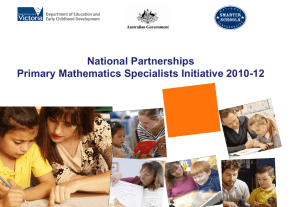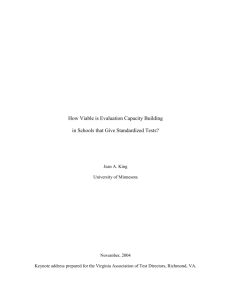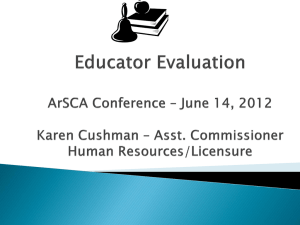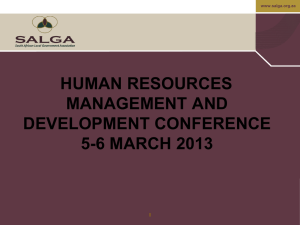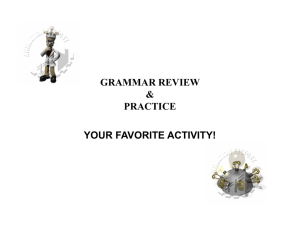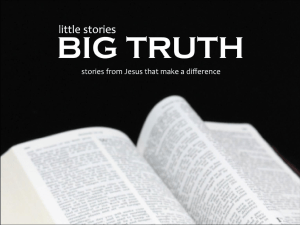PPTX - CASL
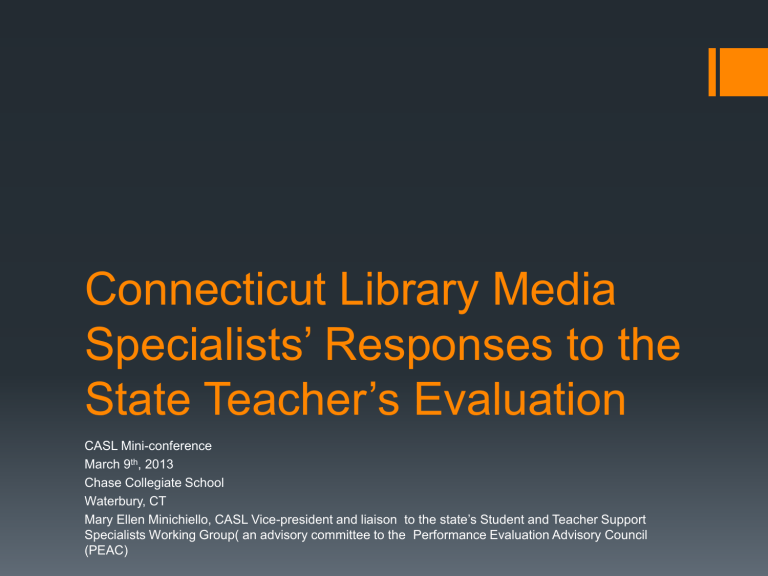
Connecticut Library Media
Specialists’ Responses to the
State Teacher’s Evaluation
CASL Mini-conference
March 9 th , 2013
Chase Collegiate School
Waterbury, CT
Mary Ellen Minichiello, CASL Vice-president and liaison to the state’s Student and Teacher Support
Specialists Working Group( an advisory committee to the Performance Evaluation Advisory Council
(PEAC)
Connecticut Educator Evaluation and Development (SEED)
Pilot Districts
Bethany, Orange, and Woodbridge
Branford
Bridgeport
Capitol Region Education Council (CREC)
Columbia, Eastford, Franklin, and Sterling
Litchfield and Region 6
Norwalk
Waterford
Windham
Windsor
Resources for library media specialists
http://www.connecticutseed.org: This website is the official Connecticut
State Board of Education’s site on teacher evaluation and the SEED program this year. It gives good information on all of the state’s expectations in the evaluation process.
http://ctcasl.ning.com: This CASLwebsite keeps you up to date on
Connecticut and national news about our profession. In addition to blogs, there are tabs on resources and assessments, as well as other subjects. Under the assessments’ tab are examples of different states’ rubrics for evaluation. The rubrics are specifically for library media specialists.
http://www.connecticutseed.org/wpcontent/uploads/2012/10/CT_Framework_for_Teacher_Evaluation_and
_Support_Domains_1-4.pdf : This page is the framework tool being used now in the SEED pilot.
PEAC Committee’s Expectations
Only one framework tool will be used for teacher evaluations.
All voices from the specialists in education should be heard and recognized as the framework tool is revised.
The framework tool is in flux and will be revolving, as the
PEAC Committee and the University of Connecticut’s Neag
School of Education continue to review results of the pilot study and implementation of the framework in all districts
White papers, which give important information about a specialist’s position and environment in the school, will be possibly included as an addition to the framework tool.
What the advisory committee has recommended
Create white papers for each specialist’s job description and responsibilities
Decide from this year’s SEED pilot program whether or not the domain indicators work
Add examples of what the teaching environment looks like with descriptions under every indicator for specialists
Change the wording of the four domains to the following:
1 Planning
2 Environment
3 Service delivery
4 Professional responsibility
SMART GOALS
At the start of the school year, each educator will work with his or her evaluator to develop their practice and performance goal(s) and SLOs through mutual agreement. All goals should have a clear link to student achievement and school/district priorities.
Goals should be SMART:
S=Specific and Strategic
M=Measurable
A=Aligned and Attainable
R=Results-Oriented
T=Time-Bound
(www.connecticutseed.org)
Examples of SMART goals
Library Media, Grades 3-5
By the end of the 2012-2013 academic year, all students will improve their strategy skills in research and be successful in
75% or more of the end of the year assessment in their use of
Destiny, Webpath Express Grolier Online, and Infobits.
By keeping track of students’ progress from the first time using the databases in September to the end of the year, the library media specialist would be able to have samples of student work done throughout the year and then create a simple end of the year assessment using the databases.
Discussion and Questions
What are some ideas that you would like me to reinforce when I meet with the advisory committee in the next few months?
If you are a library media specialist in one of the SEED pilot districts, what is the evaluation process like for you?
What are some suggestions to improve the process?
What have you found that has worked in the evaluation process?
What has frustrated you the most in this process?
